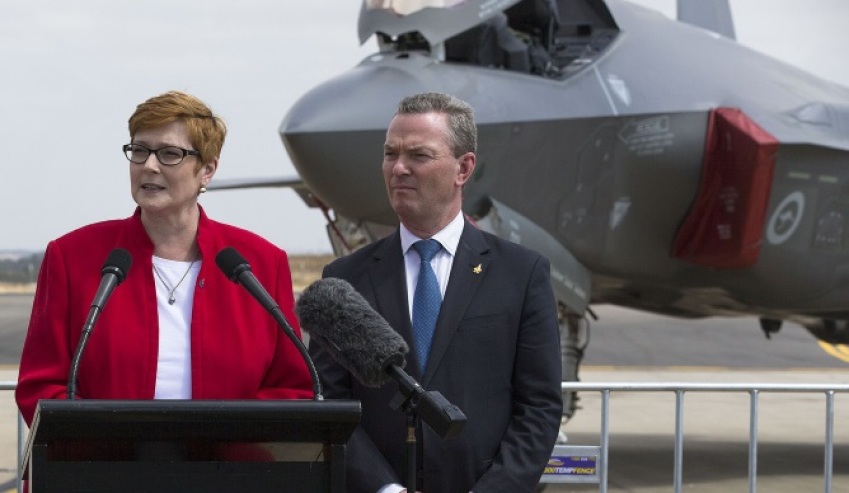South Australia’s Minister for Defence Industries has taken aim at the federal government for its lack of communication regarding the $25 million Naval Shipbuilding College and other key areas of the Defence portfolio.
To continue reading the rest of this article, please log in.
Create free account to get unlimited news articles and more!
Martin Hamilton-Smith told Defence Connect that the Commonwealth government has failed to actively communicate with SA and other states about key defence projects and investments, including the new shipbuilding college that is scheduled to commence operations in Adelaide in January 2018.
"There's been very poor communication from the Commonwealth on that subject [the Naval Shipbuilding College] to date," said Hamilton-Smith.
"And in fact the point that I would make [is] there's been very poor communication between the Commonwealth and all of the states so far."
The former Australian Army commanding officer criticised Defence Minister Marise Payne and Defence Industry Minister Christopher Pyne for not having a ministerial council like other key federal portfolios.
"Minister Pyne and Minister Payne are two of the only ministers who do not have a ministerial council, that is a council where they get together all of the state ministers and discuss portfolio issues," Minister Hamilton-Smith said.
"If you look at energy, if you look at Attorney-General, if you look at health, if you look at education, every federal minister has a council of that form.
"Minister Pyne and Minister Payne seem to prefer to work in a silo and they're not communicating well with the states."
Minister Hamilton-Smith was fearful that without such a council, the current format will result in the $195 billion Defence White Paper 2016 investment not delivering the best outcome for the nation.
"As a consequence, we're not on board with the decision making loop," he said.
"And decisions are being announced out of Canberra without consultation with the states, they're not seeking our advice or involvement and there's a lack of teamwork emanating from Canberra at the moment. And that's not only for the college but across the board, and it would be to the benefit of the nation if that situation improved."
Over the last few years, various states and territories have appointed defence industry advocates and set up defence lobbying bodies in the hopes of securing more defence work from the federal government.
Defence SA appointed its new chief Andy Keough in 2015, the NSW government appointed former RAAF Air Marshal John Harvey as the state's defence industry advocate in 2016, the ACT government created the Defence Industry Advisory Board and appointed Kate Lundy as advocate in March, the Victorian government reappointed former federal Labor minister Greg Combet earlier this year, the West Australian government launched its defence advocacy office Defence West in May this year, while the Northern Territory unveiled its first defence and national security advocate just last week.

 Login
Login







